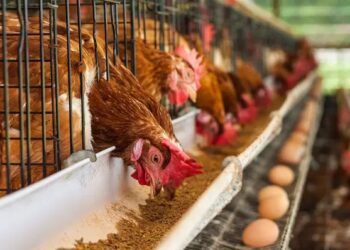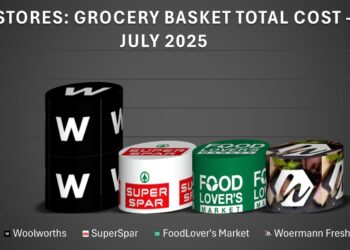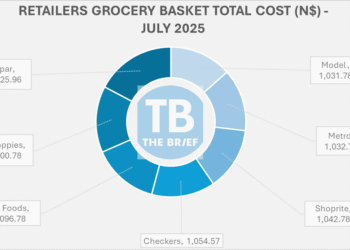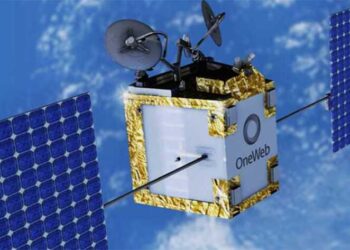
The South African Reserve Bank’s (SARB) Monetary Policy Committee (MPC) is set to hike interest rates on Thursday (22 September) this week in an attempt to support the rand and control inflationary forces, but economists differ in expectations on how much.
A recent survey conducted by the international comparison website finder revealed that half of the economists polled (50%) expect an increase of 50 basis points (bps) at the September meeting.
A further 44% expect it will rise as much as 75bps, and only one respondent predicts a 25bps increase.
Despite all expecting varying degrees of action by the SARB, the majority believe that the increase should only be 50bps.
The economists polled in the survey included experts from the Bureau of Economic Research, Standard Bank, Old Mutual, Wits Business School, Investec and more.
Jee-A van der Linde, an economist from Oxford Economic Africa, said she expects a 50bps hike as a result of high inflation that peaked in July that increased to 7.8% y-o-y.
Van der Linde said that the SARB might want to see further evidence that the peak is actually behind us. Elna Moolman, Standard Bank’s head of macroeconomic research, added that 50bps should be enough.
She noted, however, that with higher headline and core inflation, alongside wage increases, the SARB would be reluctant to slow its rate hikes.
Global financial services, BNP Paribas, differs in its expectation, stating that SARB is likely to keep its foot firmly on the pedal with broad price pressures promoting a 75bps.
A 75bps hike would bring the repo rate back to pre-Covid levels, it said. However, this may still be insufficient in light of South Africa’s inflationary outlook.
“The most important reason why we see no room for SARB complacency right now is that we expect only a slow return to its inflation target in H2 2024,†it said.
“Judging by SARB Governor Lesetja Kganyago’s recent comments that it is ‘too early to call the inflation peak’, the bank is uneasy – and rightly so, in our view – with materialising upside risks to the inflation outlook, despite slowing global oil and food prices.â€
South Africa’s consumer inflation figures for August are due on Wednesday (21 September), a day before the MPC would make its final decision, and economists anticipate that the figure will be slightly lower than before.
The Bureau of Economic Research (BER) expects the SARB to follow the trend set by other central banks – including a recent 75bps hike by the European Central Bank and an expected 75bps hike by the US Fed later this week.
While it expects the annual headline CPI inflation in South Africa rate to moderate to 7.3% as a result of lower fuel prices which came into effect at the start of the month, it believes the interest rate will be hiked by 75bps, adding that it wouldn’t be surprising if one member votes for 100bps.
BNP Paribas argues that due to possible upside risk, its 75bps call is skewed towards a more hawkish statement: “Markets are pricing in more than 150bp of hikes before year.â€
The banking group expects further hikes in November 2022 and January 2023 of 50bps and 25bps, respectively.-businesstech











